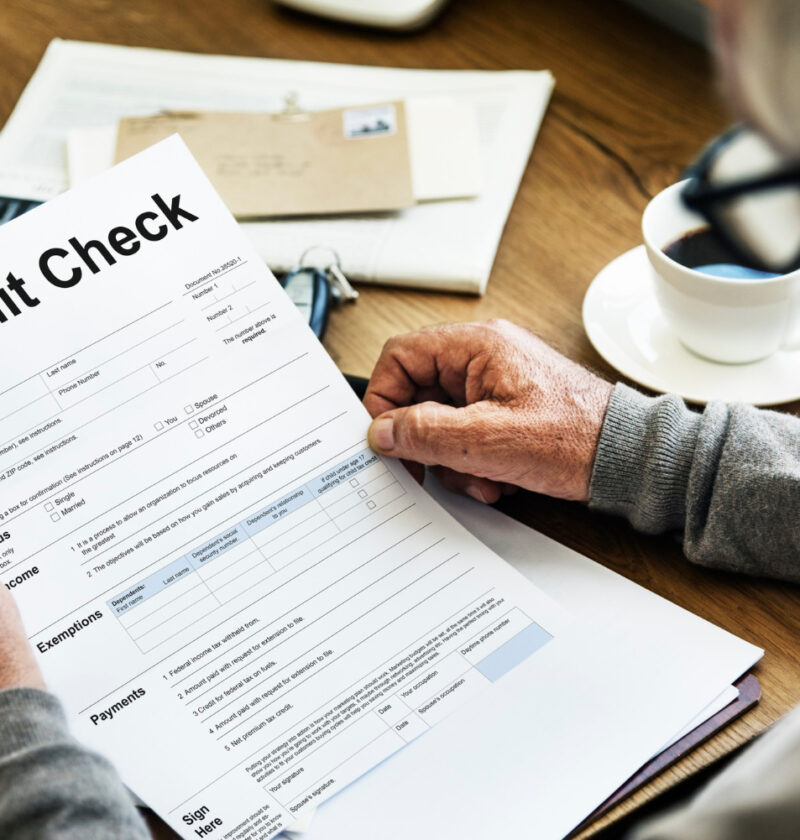If you’ve been shopping around for a line of credit, you know approval is not a matter of asking nice enough. Legitimate lenders conduct a thorough investigation of your finances to make sure their line of credit is a realistic option. They want to make sure you can handle your payments with the funds you have today.
A hard credit check is a part of this assessment. Many different kinds of loans require a hard check into your credit (including a line of credit) because it lets lenders see some of the information contained in your credit report.
This can spook anyone with less-than-perfect credit, but should you avoid a hard check to avoid this exposure? Let’s find out.
What is a Hard Credit Check?
A hard check, hard pull, or hard inquiry are different ways to say the same thing. These three terms refer to an official look into your credit report, which gives lenders an idea of how you have handled personal loans and lines of credit in the past.
They’ll be able to see the accounts under your name, whether you’ve paid them on time, revolving balances, and any derogatory marks (like late payments, collections, or bankruptcy) in your file.
What they see may impact their decision to approve you.
After all, someone with a low score with a history of paying late and carrying over large balances could be experiencing financial stress. A lender may reject an application from this person because they believe the person may not pay them back.
By contrast, someone with a long, flawless record of paying what they owe on time may have fewer barriers to a line of credit. This impressive file suggests you have a good handle on your finances and face no difficulties repaying a new loan on time.
What if Your Hard Check Reveals a Bad Score?
As you mentioned above, a hard inquiry will expose any negative information in your file; revealing negative marks may interfere with your ability to get a loan in an emergency.
This interference can make some people think they should avoid traditional banks and lenders for no-credit-check organizations. But this can be dangerous.
According to Debt.org, many no-check organizations are outright scams looking to steal your information. Even if they aren’t trying to defraud you, these organizations don’t have your financial health at heart. They don’t care if you pay them back on time because they want you to accrue late fees and added interest.
A much safer way to handle the skeletons in your closet is by searching for legitimate bad credit lenders. You may have better luck at qualifying for an emergency line of credit with these lenders, and you won’t have to worry about fraud.
How Does a Hard Inquiry Affect Your Score?
People with good and bad credit alike may be wary of anything that affects their score. But is the effect a hard pull has on your report worth avoiding it? In most cases, no.
A single pull won’t damage your score by more than five points, and these checks will fall off your report after about two years.
The exact impact a hard pull will have on your score is impossible to guess, as it relies on what’s already in your report. But in general, a hard check is an expected step in the borrowing process, so it won’t look bad in your file. More importantly, it can help you stick with legitimate lenders, so never avoid it when you can.







